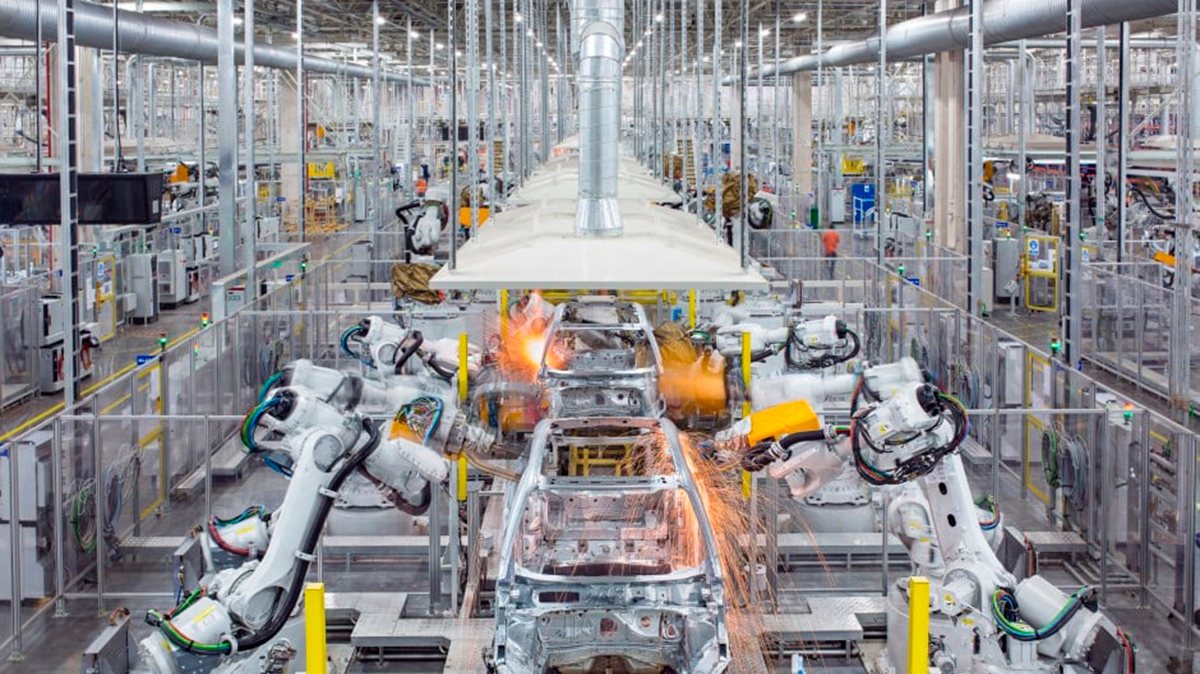Volvo is one of the manufacturers that is part of the Geely Group, controlled by Li Shufu, along with Smart, Polestar, Lotus, Proton and a large part of manufacturers such as Mercedes and Aston Martin. So when the Swedes prepared to launch their smaller, cheaper model, they established a strategy that involved using Geely’s SEA platform and producing the EX30 in China. to take advantage of lower labor costs and existing availability in terms of manufacturing. But they didn’t have customer service.
Anticipating that the small electric SUV will become its best seller, based on orders that arrived at dealerships even before customers had a chance to see or drive the EX30, Volvo decided to expand production to Europe. Therefore, initially, the small battery-powered SUV will be produced exclusively in China, in the same factory that produces the Smart #1, a model with which it shares a platform and some elements. But starting in 2025, the SUV will also begin production in Ghent, Belgium.
The decision to produce in both countries is strategic, since, on the one hand, it gives up advantages in production costs, on the other, confirms Volvo’s status as a European manufacturerunlike the Chinese who set up an office on European soil, but have all their production in China, where they keep the vast majority of their employees and where they pay taxes.
Until 2025, Ghent will continue to manufacture the XC40 and C40, both combustion and electric, while A second production line will be created for 100% electric models, designed on specific platforms.. According to Volvo officials, the decision to finally start manufacturing in Belgium is mainly due to the fact that the brand believes that the Zhangjiakou factory would not have the capacity to supply Volvo with the desired quantity of EX30s in the coming years.
Let us remember that the Swedish manufacturer announced that it intends to reach 50% of sales exclusively with electric vehicles in 2025, and then reach 100% five years later, in 2030.
Source: Observadora
